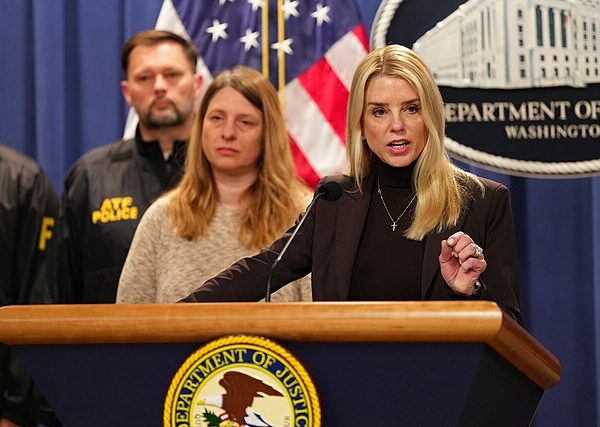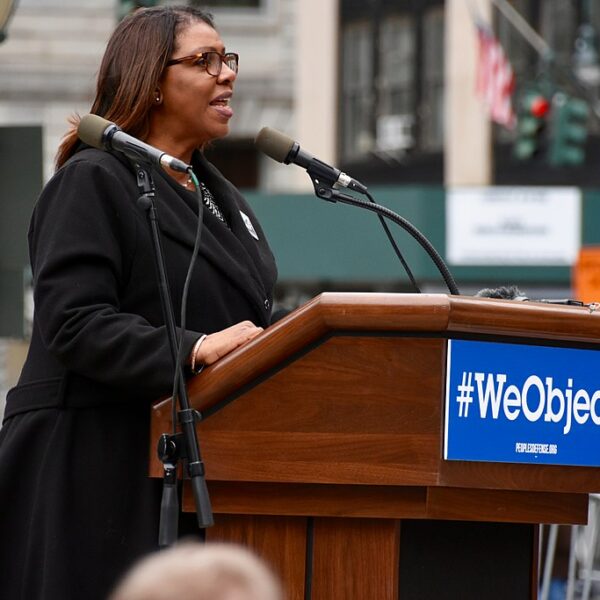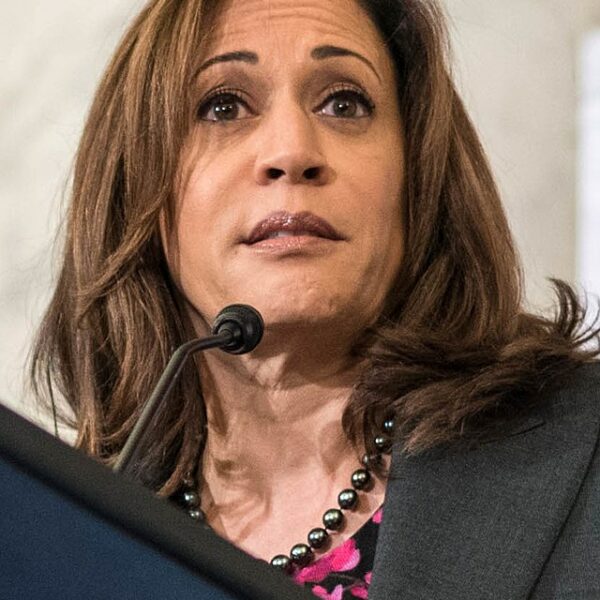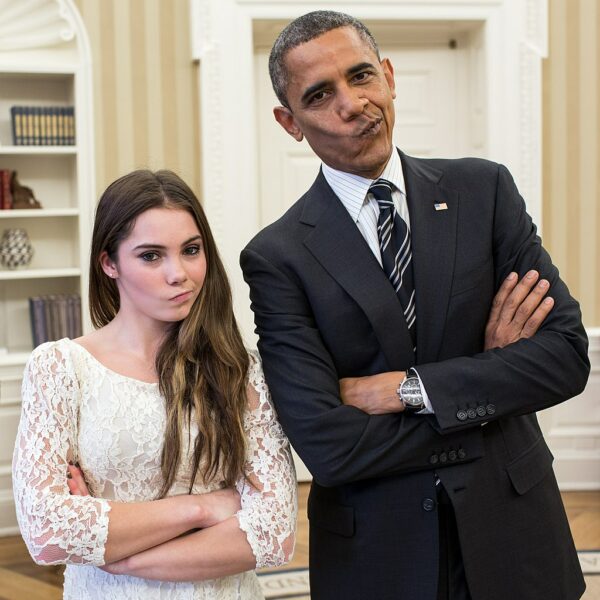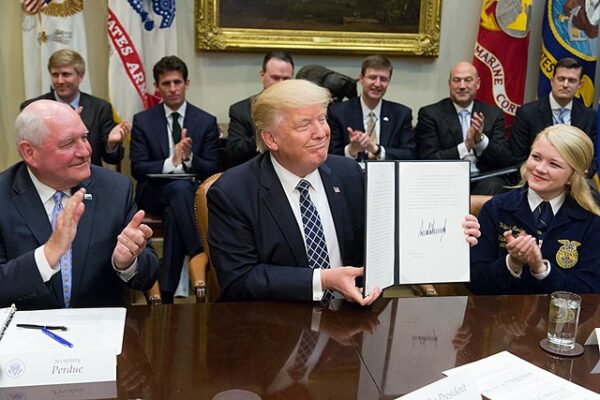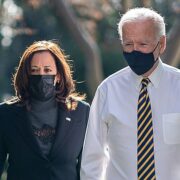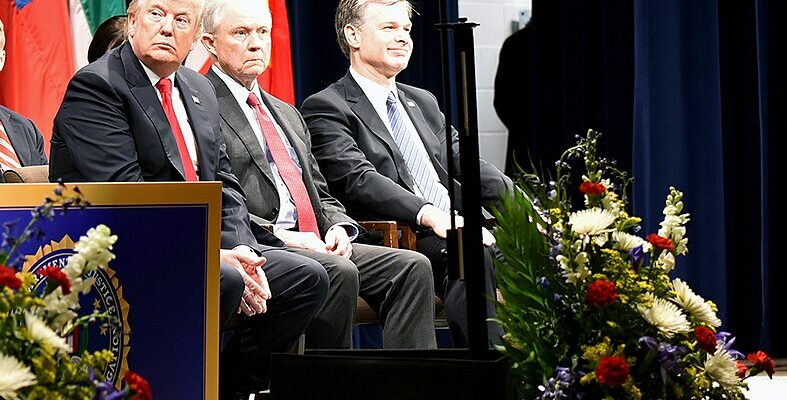
Now, in front of Congress, Director of the FBI Christopher Wray, a Trump appointee, admitted what we all knew: the FBI has been working with social media companies to censor Americans online.
U.S. District Court Judge Terry Doughty issued a preliminary injunction on July 4 banning federal officials from communicating with social media companies for “the purpose of urging, encouraging, pressuring, or inducing in any manner the removal, deletion, suppression, or reduction of content containing protected free speech.” The states of Missouri and Louisiana are currently suing the Biden administration over its contacts with the firms, alleging that they constitute violations of the First Amendment. Federal officials met with social media companies in the run-up to the 2020 election, warning them about so-called “disinformation,” reports The Daily Caller.
“I don’t know if weekly meetings occurred prior to the injunction, but certainly we’ve been very open in this, engaged with social media companies,” Wray told Republican Wyoming Rep. Harriet Hageman.
The Biden administration appealed Doughty’s injunction, and filed an emergency order to pause it while their appeal is ongoing. The Justice Department lost its request for the emergency order.
Former Twitter executive Yoel Roth informed the Federal Election Commission that FBI agents alerted Twitter to a possible Russian hacking operation targeting Hunter Biden in the run-up to the 2020 election. Going off of that information, Twitter censored a New York Post story that used information from his laptop. However, FBI officials authenticated Hunter Biden’s laptop in 2019, IRS whistleblower Gary Shapley testified to the House Ways and Means Committee in June.
The Independence Day injunction may have taken away one of Biden’s most important tools for winning re-election. “Over the past five years,” noted The Washington Post, “coordination and communication between government officials and the companies increased as the federal government responded to rising election interference and voter suppression efforts after revelations that Russian actors had sowed disinformation on U.S. social sites during the 2016 election. Public health officials also frequently communicated with the companies during the coronavirus pandemic, as falsehoods about the virus and vaccines spread on social networks including Facebook, Twitter and YouTube.
‘The injunction is strikingly broad and clearly intended to chill any kind of contact between government actors and social media platforms,’ said Evelyn Douek, an assistant professor at Stanford Law School.”
Then again, maybe not. While Wray was testifying about how the FBI uses social media to censor Americans, The Washington Times revealed that “the FBI was enlisted by the Security Service of Ukraine soon after the Russian invasion to demand social media platforms take down posts and block accounts such as those belonging to American journalists, according to House Judiciary Committee investigators.
It is now suspected that Russian agents had infiltrated the Ukraine intelligence agency, known by the acronym SBU, potentially manipulating the FBI’s attempts to censor the journalists and at least one State Department official.
The FBI also vouched for removing social media posts that were pro-Ukraine or critical of Russian President Vladimir Putin, according to the report.
“Given that the SBU was compromised by a network of Russian collaborators, sympathizers, and double agents at the time of its interactions with the FBI, the FBI’s uncritical cooperation with the SBU’s requests is deeply concerning,” said the report by panel’s Select Subcommittee on the Weaponization of the Federal Government.
‘The inclusion of American accounts on the SBU’s lists indicates that the FBI either did not properly vet the SBU’s requests or was aware of their domestic nature, and nonetheless carried them out. In so doing, the FBI violated the First Amendment rights of Americans and potentially undermined our national security,’ the report said.”
Five months into the Russian invasion of his country two years ago, Ukrainian President Volodymyr Zelenskyy fired the head of the SBU after he learned that the intelligence agency had been compromised by Russian spies.
The FBI’s recent involvement in social media censorship, compounded by its unwitting collaboration with a foreign adversary, has further lifted the lid on the challenges facing America’s foremost law enforcement agency to control its nonobjective leaders.
In addition to enduring criticism from whistleblowers and skeptics who claim mismanagement and politically biased leadership, the FBI has faced accusations of conducting politically motivated investigations that disproportionately target conservatives. These controversies have significantly marred the reputation of the FBI, leaving the agency grappling with a series of internal and external challenges that require careful scrutiny and reform.
According to a new poll by Harvard CAPS-Harris, 70 percent of Americans say they are either very or somewhat concerned about interference by the FBI and other intelligence agencies in our nation’s elections. Further, 71 percent agreed that changes post-2016 “had not done enough to prevent further interference and that “wide-ranging” reform was still required.”
Maybe Ron DeSantis and Jim Jordan are right: it’s time to move the FBI Headquarters away from DC, where its leaders face too many temptations to meddle in politics and purge the FBI of its top brass (again).
[Read More: GOP Candidate Trying To Buy Supporters, Literally]

